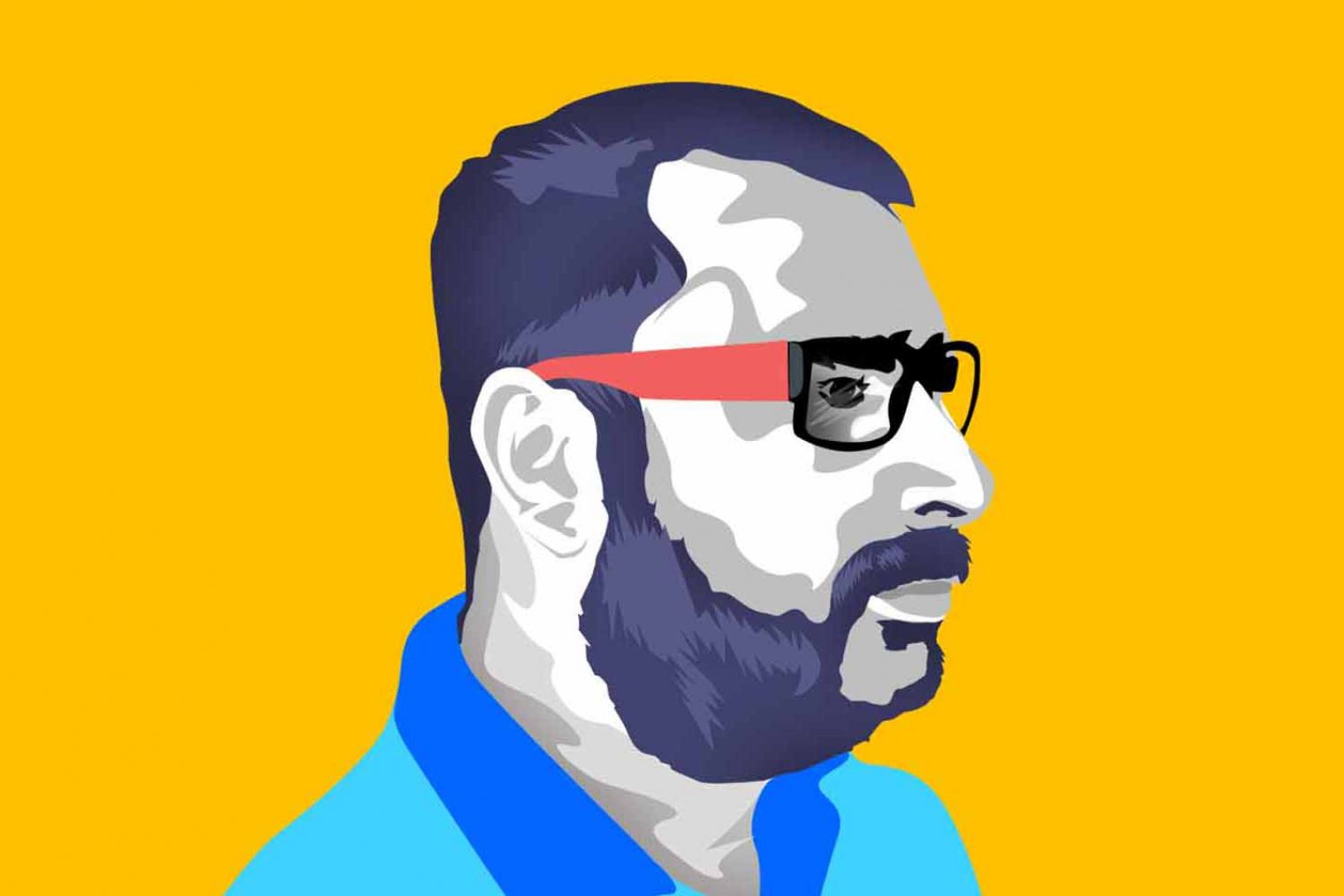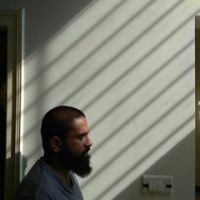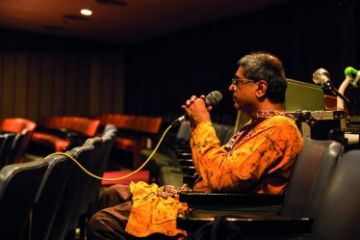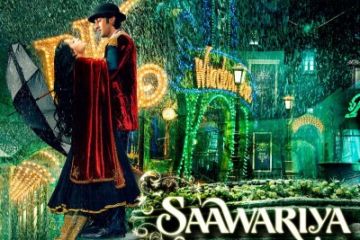
One of the most important voices of contemporary Malayalam
fiction, V. M. Devadas’ novels and short stories are noted for stylistic
wizardry and their tendency to work on themes that revolve around both the
political and philosophical dimensions of crime in the modern world. Unlike
most of his contemporaries who focus on regional narratives, his works are keen
to explore various aspects of nationalism and how they influence the day-to-day
lives of his characters. He is the author of three





